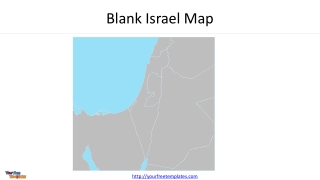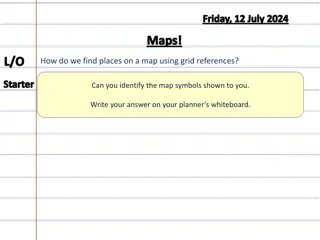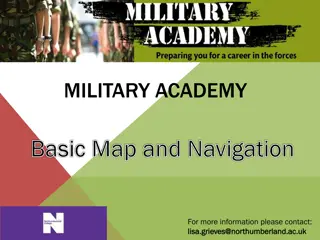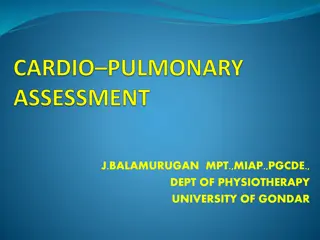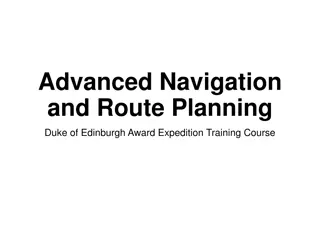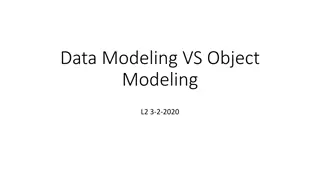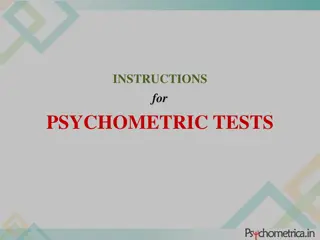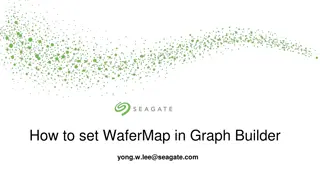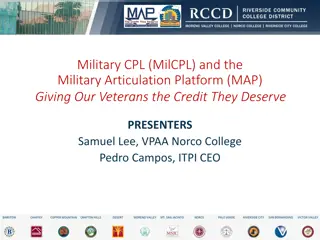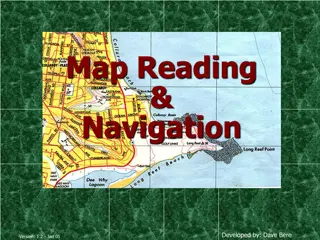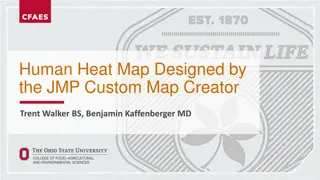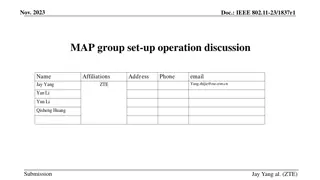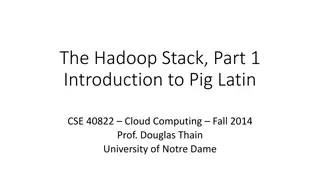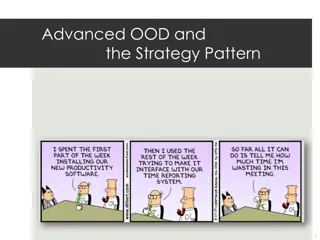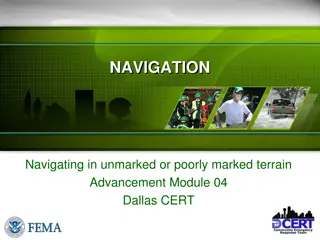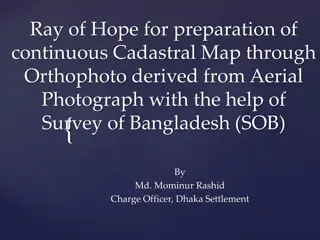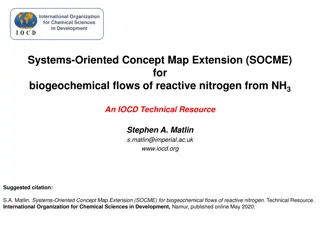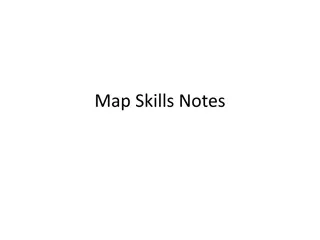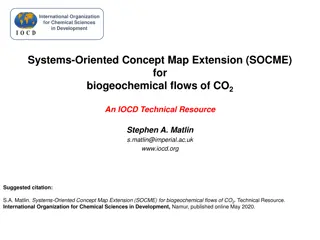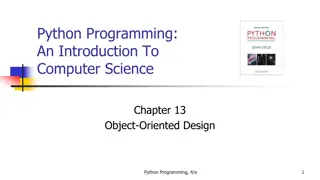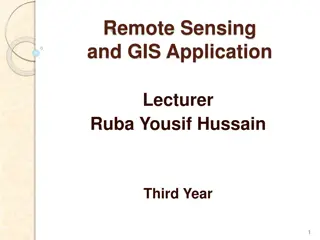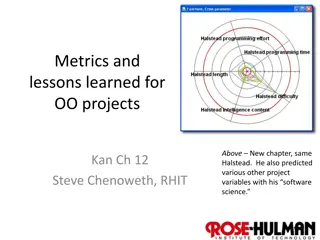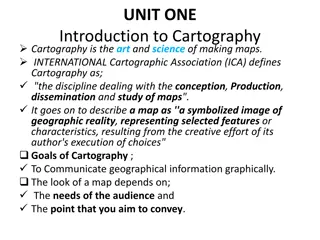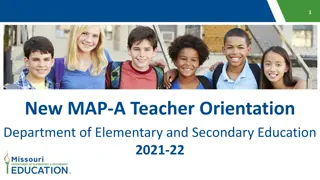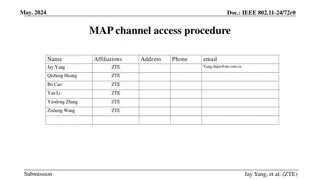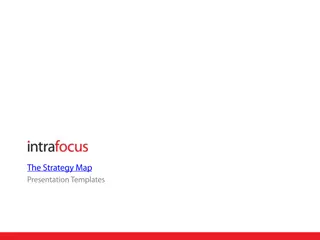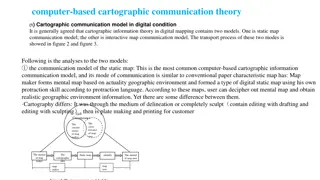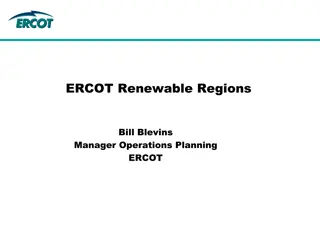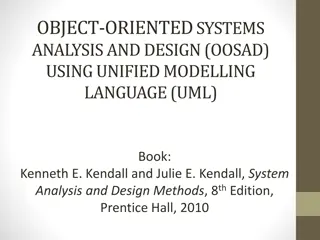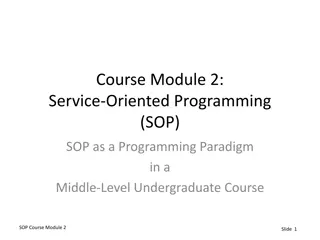Blank Israel Map
Explore a detailed map of Israel and Palestine, highlighting countries, territories, capitals, and major cities. The map includes Lebanon, Syria, Egypt, Jordan, Iraq, Saudi Arabia, Mediterranean Sea, Red Sea, and more.
1 views • 4 slides
Mastering Map Grid References for Accurate Location Identification
Learn how to find places on a map using grid references. Discover how to identify map symbols and determine accurate six-figure grid references. Follow step-by-step guidance to pinpoint locations with precision on maps. Enhance your mapping skills and boost your navigational expertise efficiently.
2 views • 18 slides
Military Academy Map and Navigation Presentation
This presentation introduces basic map reading and navigation skills essential for Military Academy students. It covers various types of maps, map symbols, measuring distance, and understanding topographical features like physical and man-made elements. Navigation is highlighted as a critical skill
0 views • 18 slides
Comprehensive Overview of Problem-Oriented Medical System in Physiotherapy Assessment
In the realm of physiotherapy assessment, the Problem-Oriented Medical System (POMS) plays a vital role in accurately defining patient problems, creating treatment plans, and monitoring progress. This system, pioneered by Weed in 1968, consists of Problem-Oriented Medical Records (POMR), auditing, a
2 views • 34 slides
Issues and Algorithms in Server Software Design
The content discusses fundamental issues in server software design such as connectionless vs. connection-oriented access, stateless vs. stateful applications, and iterative vs. concurrent server implementations. Various server algorithms like iterative and concurrent servers are explained with their
3 views • 44 slides
Advanced Navigation and Route Planning for Duke of Edinburgh Award Expedition Training Course
Learn advanced map and compass skills essential for Duke of Edinburgh Silver Award expeditions. Discover how to read topographical maps, navigate using contours, understand map scale, and interpret map symbols to enhance your outdoor experience.
0 views • 15 slides
Data Modeling vs Object Modeling
Data modeling involves exploring data-oriented structures, identifying entity types, and assigning attributes similar to class modeling in object-oriented development. Object models should not be solely based on existing data schemas due to impedance mismatches between object and relational paradigm
0 views • 17 slides
Overview of RESTful Web Services and Service-Oriented Architecture
This content provides insights into RESTful Web Services, Service-Oriented Architecture (SOA), Traditional Web Services, Overcomplication in system design, and Resource-Oriented Architecture. It discusses key concepts, technologies, and standards involved in these architectures, along with details o
2 views • 18 slides
Psychometric Tests Overview: MAP, SPM, Observation Test
Explore three different psychometric tests - Multi-Dimensional Assessment of Personality (MAP), Standard Progressive Matrices (SPM), and Observation Test. MAP assesses personality dimensions, SPM measures intelligence through abstract reasoning, and the Observation Test evaluates your power of obser
4 views • 14 slides
Mastering Pricing Strategies in Marketing
Explore the psychology of pricing and various pricing strategies in marketing, including profit-oriented, competitor-oriented, and customer-oriented pricing. Learn about the importance of understanding how customers view prices, leveraging pricing anchoring, and conducting Van Westendorp Price Sensi
4 views • 26 slides
WaferMap Configuration Guide for Graph Builder
This guide provides detailed instructions on setting up WaferMap in Graph Builder, preparing map files, distributing and installing map files, creating wafer maps by cube/sub-chunk/chunk, using map shapes as background, and accessing a custom map creator tool.
0 views • 6 slides
Empowering Veterans Through the MAP Initiative
The Military Articulation Platform (MAP) aims to give veterans the credit they deserve by articulating college courses with ACE credit recommendations. This initiative allows veterans to receive up to one year of credit, enabling them to achieve their educational goals and access high-wage jobs. Thr
5 views • 35 slides
Essential Guide to Map Reading and Navigation Techniques
Discover the fundamentals of map reading and navigation developed by Dave Bere. Explore various types of maps used within SES, learn how to use different maps effectively, and understand the importance of map care and folding. From understanding marginal information to mastering compasses and bearin
0 views • 53 slides
Object-Oriented Design Principles
Explore the core concepts of object-oriented design, including objects, classes, and the object-oriented paradigm. Learn about the relationship between objects and classes, and how they form the building blocks of software development. Gain insights into class components, attributes, and methods, an
0 views • 18 slides
Exploration of Human Heat Map Designed by JMP Custom Map Creator
Delve into the intricate human heat map designed by Trent Walker BS and Benjamin Kaffenberger MD from The Ohio State University College of Food, Agricultural, and Environmental Sciences. Uncover the detailed visual representation highlighting key areas of interest.
0 views • 21 slides
Proposal for Dynamic Multi-AP Coordination in IEEE 802.11-23
This proposal focuses on enhancing the reliability of multi-AP coordination in IEEE 802.11-23 through the formation and management of MAP (Multi-AP) groups. It discusses the limitations of the current setup and suggests a dynamic approach where multiple APs can form MAP groups flexibly. The document
0 views • 11 slides
Introduction to Pig Latin for Data Processing in Hadoop Stack
Pig Latin is a dataflow language and execution system that simplifies composing workflows of multiple Map-Reduce jobs. This system allows chaining together multiple Map-Reduce runs with compact statements akin to SQL, optimizing the order of operations for efficiency. Alongside Pig Latin, the Hadoop
0 views • 20 slides
Advanced Object-Oriented Design and the Strategy Pattern
Delve into the intricate world of Object-Oriented Design (OOD) with a focus on the Strategy Pattern. Explore the fundamental principles of OOD, such as encapsulation, abstraction, and the Single Responsibility Principle. Discover how objects interact through messages and how to ensure each class has
0 views • 22 slides
Navigating Techniques without a Map: CERT Training Guide
Gain essential navigation skills for unmarked or poorly marked terrains through this module. Learn methods for navigating without a map, using a map effectively, and preparing mentally for getting lost. Discover the importance of carrying a compass, knife, and matches for CERT team members. Master t
0 views • 37 slides
High-Tech Survey Methods for Continuous Cadastral Map Generation
Generation of cadastral maps through advanced survey techniques using ortho-images, DGPS/GNSS, and ETS. The process involves obtaining boundary vectors from ortho-images, surveying obscured areas with DGPS/GNSS and ETS, and integrating datasets in a GIS environment. The objective is to create contin
0 views • 14 slides
Information Systems in Organizations: Overview and Implementation
Information systems play a crucial role in organizations, encompassing transaction processing systems, functional area information systems, and enterprise resource planning systems. This content delves into the purpose of transaction processing systems, the support provided by information systems ac
2 views • 30 slides
Systems-Oriented Concept Map Extension for Reactive Nitrogen Flows
International Organization for Chemical Sciences in Development presents a Systems-Oriented Concept Map Extension (SOCME) focusing on biogeochemical flows of reactive nitrogen from NH3. The concept explores core reaction subsystems, energy input subsystems, equilibrium conditions, and the integratio
0 views • 11 slides
Basic Map Skills and Terms
Explore the essential map skills and terms such as map key/legend, compass rose, scale, latitude, longitude, Equator, Prime Meridian, hemispheres, and more to enhance your map reading and interpretation skills effectively.
0 views • 7 slides
Map Concepts: An Overview
Exploring essential map-related terms and concepts such as map projection, hemisphere, latitude, longitude, scale, equator, prime meridian, map symbol, and globe. Enhance your understanding of how maps represent Earth's surface and the key elements involved in cartography.
0 views • 14 slides
Systems-Oriented Concept Map Extension for Biogeochemical Flows of CO2
The Systems-Oriented Concept Map Extension (SOCME) explores the biogeochemical flows of CO2, detailing interactions within the ocean and land subsystems, including factors such as uptake by different biomes, anthropogenic CO2 generation, deforestation effects, and energy production contributions. It
0 views • 6 slides
Object-Oriented Design in Python Programming
Object-Oriented Design (OOD) is a fundamental concept in modern computer applications. It involves structuring systems as black boxes with interfaces, allowing for the encapsulation, polymorphism, and inheritance. OOD separates the implementation details from the user, enabling the design of complex
0 views • 189 slides
Coordinate Systems, Map Projections, and GIS Applications
Explore the intricacies of Geographic Coordinate Systems, Projected Coordinate Systems, and different types of map projections as part of the Remote Sensing and GIS Application course taught by Lecturer Ruba Yousif Hussain in the third year. Dive into the properties of map projections like conforman
0 views • 13 slides
Metrics and Lessons Learned for Object-Oriented Projects
This chapter discusses various metrics and lessons learned for object-oriented projects, including the use of major OO metrics, Lorenz's metrics, IBM's Object Oriented Technology Council recommendations, and the CK metrics suite. The CK metrics suite covers six OO design and complexity measures, suc
0 views • 17 slides
Computer Programming Principles
Dive into the world of computer programming, covering high-level and machine languages, compilers, interpreters, writing programs, top-down design, and the array of programming languages available. Understand the essentials of building code to control computers, the diversity of programming language
0 views • 23 slides
Unveiling the Art and Science of Cartography
Cartography is the intricate discipline of creating maps that visually communicate geographical information. A map serves as a symbolized image of reality, representing selected features on Earth's surface. This summary delves into the goals of cartography, the essential components of a well-designe
0 views • 65 slides
Comprehensive Guide to DESE MAP-A Teacher Orientation 2021-22
Explore the detailed orientation program for teachers on the Missouri Assessment Program-Alternate (MAP-A) by the Department of Elementary and Secondary Education (DESE). Learn about eligibility criteria, assessment procedures, compliance requirements, and instructional strategies for MAP-A. Discove
0 views • 25 slides
Proposed MAP Channel Access Procedures in IEEE 802.11-24/72r0
In the May 2024 document IEEE 802.11-24/72r0, a uniform MAP coordination framework is discussed, involving procedures like M-AP discovery, coordinated transmissions, and channel access mechanisms. All APs in a coordination group can compete for channel access and share transmission opportunities. Th
0 views • 10 slides
Messy Situational Map Template with Suggestions for Use
This SA template provides a messy situational map template along with suggestions for use. The initial map should be done by hand on a large piece of paper to allow for quick adjustments and capturing thoughts. The template includes an abstract map and a customizable version for creating more readab
0 views • 4 slides
Various Strategy Maps and Their Components
This content discusses different types of strategy maps including the Balanced Scorecard, Classic Kaplan/Norton Strategy Map, Generic Example Strategy Map, and Basic Strategy Map Background. Each map highlights different perspectives such as financial, customer, internal, and learning & growth, alon
0 views • 22 slides
The Evolution of Cartographic Communication Theory in the Digital Age
Cartographic communication theory in digital mapping involves two models: the static map communication model and the interactive map communication model. The static map model follows traditional map-making methods adapted to digital tools, while the interactive map model leverages user feedback to r
0 views • 8 slides
Sets, Maps, and Map Methods
Explore the concepts of sets, maps, and map methods in programming, focusing on efficient operations like adding, removing, and searching for values. Sets allow unique values with no duplicates, while maps hold key-value pairs like a dictionary. Map methods provide functions for manipulating mapping
0 views • 5 slides
Overview of ERCOT Renewable Regions and Zone Map
ERCOT, managed by Bill Blevins, divides into seven solar and wind regions including North, South, East, West, Panhandle, Coast, and Houston. This division aids operations planning and management. The Renewable Regions Map and Zone Map play key roles in GIS status reporting and meeting presentations,
0 views • 4 slides
Object-Oriented Systems Analysis and Design (OOSAD) Using Unified Modeling Language (UML)
Explore the fundamentals of object-oriented analysis and design using UML, a powerful tool for constructing and visualizing systems. Learn about object-oriented concepts, classes, inheritance, UML diagrams, use case modeling, activity and sequence diagrams, and more. Discover how UML can enhance the
0 views • 144 slides
Introduction to Spark in The Hadoop Stack
Introduction to Spark, a high-performance in-memory data analysis system layered on top of Hadoop to overcome the limitations of the Map-Reduce paradigm. It discusses the importance of Spark in addressing the expressive limitations of Hadoop's Map-Reduce, enabling algorithms that are not easily expr
0 views • 16 slides
Service-Oriented Programming in Middle-Level Courses
Service-Oriented Programming (SOP) is a new programming paradigm focusing on using services to design and develop integrated business applications. This module covers the importance of SOP in current application development, fundamental concepts of web services, standards underlying service-oriented
0 views • 22 slides
